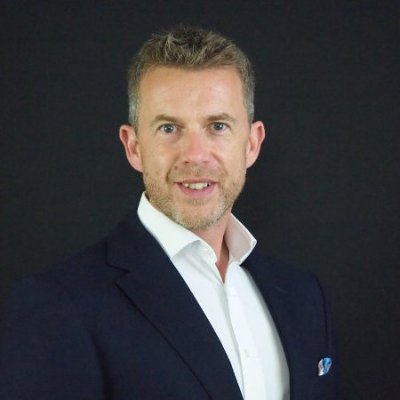
For PharmaBoardroom, Ian Chamberlain has already covered the changing role of the medical rep and the line manager of tomorrow. This time he turns his attention to sales trainers and the skills they will need to expand on in coming years.
It is a myth that the longer I do something the better I will get. That frequently leads to stagnation and decline.
It is often said that training is the first thing to be cut when times are bad. That may be true in the short term, but because our earning is so tightly correlated to our learning, money will always be available for people development – this truism applies to individuals and organisations.
Therefore: Sales Trainers – we will always need you!
While the fundamentals of “good selling skills” are timeless, trainers and training providers are always seeking to upskill employees with fresh, relevant content for a contemporary audience.
I have seen various good sales models come into fashion:
- Professional Selling Skills (PSS) (from both Miller Heiman and LDL)
- SPIN Selling (Huthwaites)
- Single Patient Focus (Dramatic Change)
- Challenger (Gartner)
Likewise, the emphasis on certain aspects of communication and selling has ebbed and flowed over the years:
- Transactional to consultative (a Helmsley Fraser favourite)
- Emotional Intelligence (popularised by Goleman)
- Neuro-Linguistic Programming (Bandler and Grinder)
- Jungian styles of communication (Insights, Wilson Learning, Thomas International et al)
And, of course, as the role of the sales representative has grown in sophistication, so we have seen broader business skills such as “key account management” being included in the trainer’s tool kit.
Both the content and the method of delivery continually evolves. We are now no longer wholly reliant on the physical classroom and field visits; online training (either solo learning or guided webinars), telephone coaching and mentoring all combine in “blended learning solutions.”
So where next?
I believe we will see the focus move from “what the sales teams know” to “what the sales teams do” and from “do they understand the marketing strategy?” to “do they implement it?”
The work of Carol Dweck on “Growth Mindsets” and Professor Anders Ericsson on “Deep Practice” has inspired this change and in pharma sales, new technology will facilitate the shift.
The old received wisdom was: if I increase my knowledge I will get better at doing something. We now view it the other way around: as I get better at doing something so my knowledge increases.
It was Ericsson’s research that was the inspiration behind the “10,000-hour rule” – but this is just the beginning of the story. It’s not just the number of hours, but how you use them that’s important.
It is a myth that the longer I do something the better I will get. That frequently leads to stagnation and decline. It is also a myth that we just have to try harder.
If you are not improving you are not practising correctly.
There are a number of elements of effective “deep” practice:
-
- It has to be purposeful. The learner has to push themselves. The learning takes place outside the comfort zone
- It has to be informed. It must follow a recipe for success that has been figured out by someone already
- The overall goal and all sub-goals must be well-defined and measurable
- It demands full attention and focus. Going through the motions won’t work
- The feedback loop is vital and has to be quick
- The learner must develop mental representations of “excellent” or “ideal”
Whatever the sales model or communication skill we seek to develop, the use of “learning while real work gets done” (to use Art Turock’s phrase) is very exciting and effective.
I apply this principle during my Access Skills workshops by asking participants to make live calls to real customers during the session; appointments with “impossible to see” customers are made during the workshop!
We now have the technology to make deep-practice a reality for in-call quality too…
Several pharma companies are currently trialling Little Bird Medical, a brand-new, secure, meeting audio recording technology for field salespeople, which enables rep-doctor meeting recordings to be reviewed remotely at a time convenient to the trainer.
After listening to the interaction, the trainer follows up with the rep via telephone and email for feedback and coaching.
Real life interactions, listened to promptly and supported by feedback – it’s what we’ve always tried to do, but all too infrequently. Fewer than 5% of sales rep calls are currently observed. New technology such as Little Bird will alter that substantially.
Along with sharing audio of “best-practice” playlists, managers will have the option to pair new starters with mentors without the need to take the experienced rep off the road. This will develop the mental representations of “excellent” for the new rep plus help build their self-awareness.
In the future, we will see reps receiving a 30 minute, content-rich, structured phone/web coaching and feedback session every week, plus targeted field visits when necessary.
The technology will also provide an archive of learning for the rep by recording the coaching discussions and will allow the company to ‘quality control’ the coaching skills of the managers – something pharma finds very hard to do today.
This sort of “on the job” insight will also be critical, for training needs analysis and follow-up of more classic classroom learning.
Improvement is only possible if we abandon ‘business as usual’ practices
The science of expertise coupled with smart technology means we will see new, higher levels of excellence within pharma sales. This, in turn, will mean better customer engagement and the right patients getting access sooner to the right medicines.


